UK Archaeologists Work To Save Antiquities From ISIS In Iraq
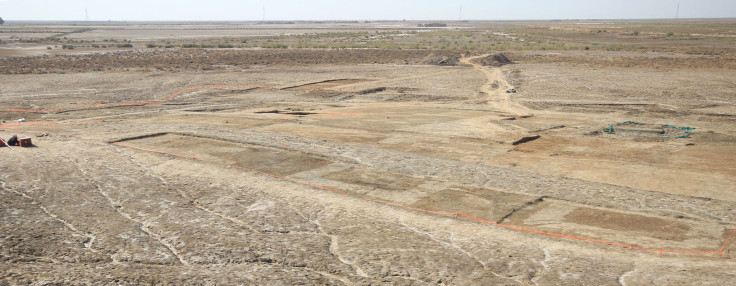
With conflict raging in Iraq, there are a handful of people working hard to save history. Archaeologists from the University of Manchester in England are just one of two teams working in the southern part of the country preserving artifacts while ISIS has been destroying, looting and trading antiquities. The Islamic State's actions are an attempt to blot out pre-Islamic history that they deem pagan. The terror group has also sold artifacts on the black market to bolster funds.
Researchers from the University of Manchester have been working since 2012 at the Tell Khaiber site in southern Iraq. "On the ground, these low-lying mounds hide their secrets well, but when viewed from above by satellite, large public buildings are revealed, showing their importance in antiquity. From the pottery collected on the surface, we can say that people first came to live there about 4000 B.C. and the important buildings were in use around 1800 B.C., when a western branch of the Euphrates River passed close by," the Ur Region Archaeology Project explains of the significance of the site. Tell Khaiber is 20 kilometers (12 miles) from Ur, an important Sumerian city.
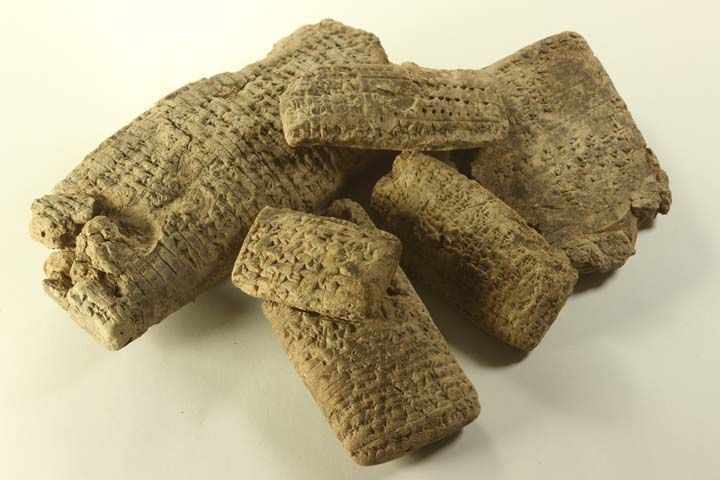
The team has found pottery, tools, written documents and evidence of a scribal school and a large complex that may have served an administrative function at the site, according to the University of Manchester. "We found practice texts in the form of lists of exotic animals, and of precious stones, also evidence for the making and recycling of clay tablets. The whole complex dates to the 'Dark Age' following the fall of Babylon and the disintegration of Hammurabi's empire," Dr. Stuart Campbell said in a statement.
The team delivered 300 artifacts to the Iraq Museum in Baghdad, where they will be displayed in a temporary exhibit and will be used for teaching purposes. "If the militants think they can 'erase history,' we are helping to make sure that can't happen: It is the information that is important and not the objects. Our project is actually doing something positive for the Iraqis, and that is appreciated," Dr. Jane Moon said in a statement.
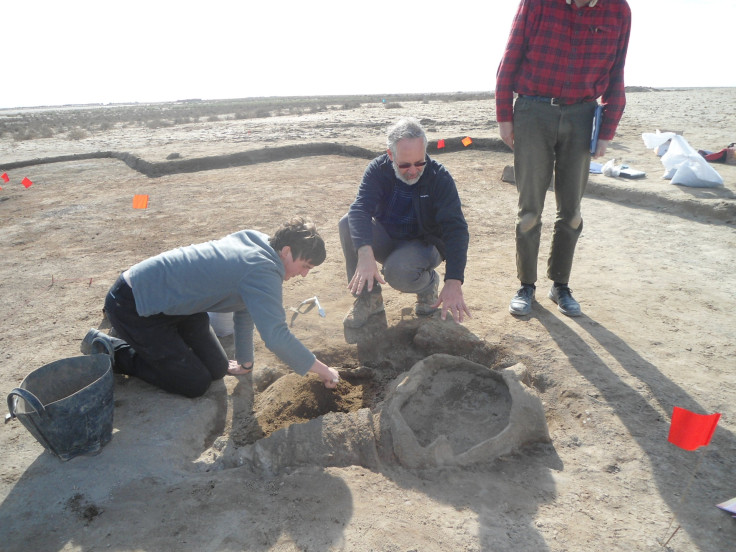
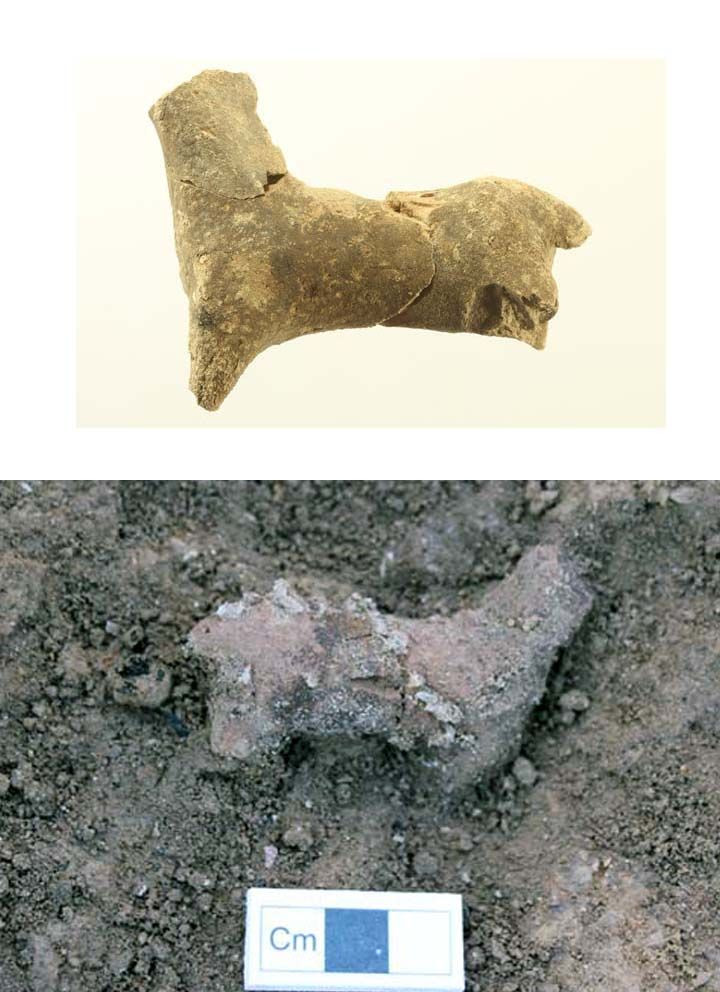
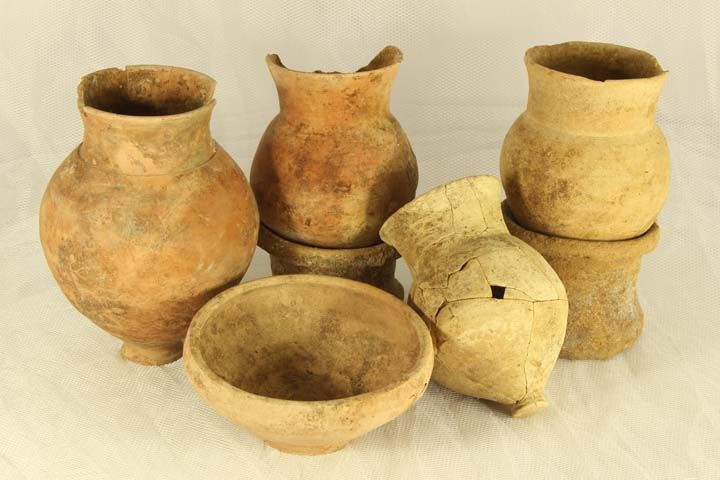
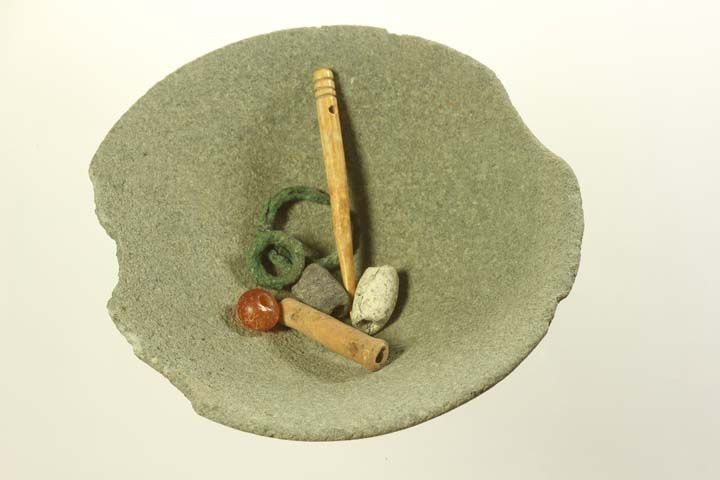
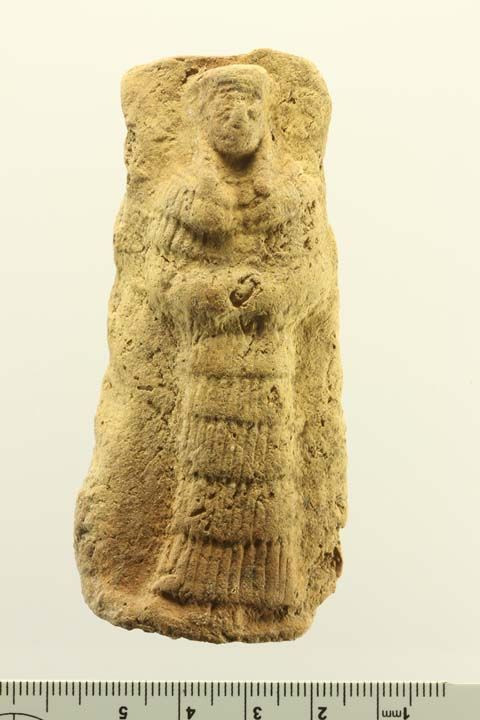
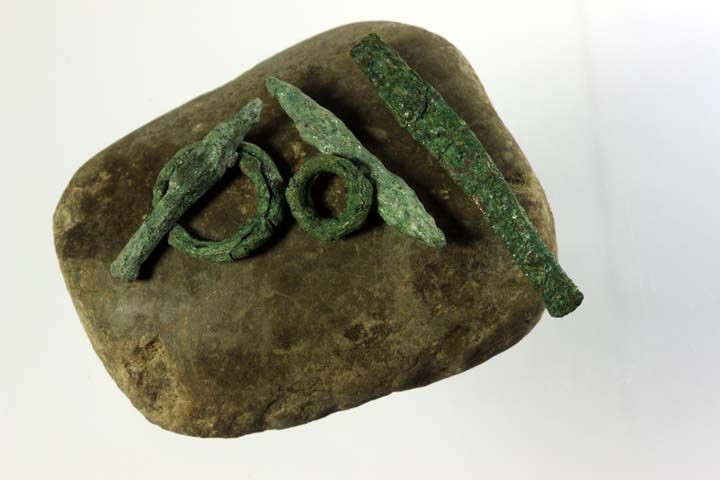
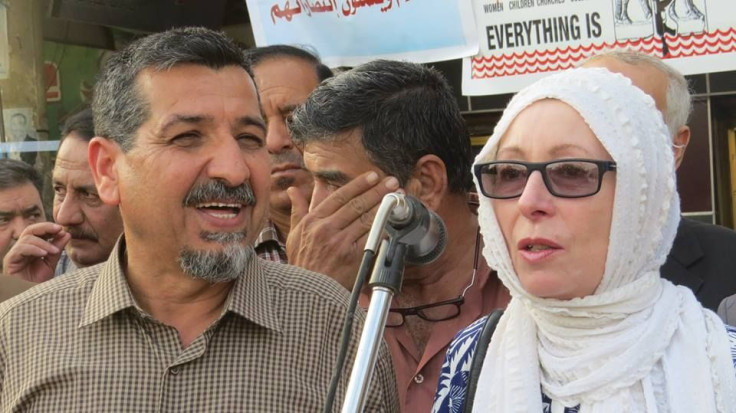
© Copyright IBTimes 2024. All rights reserved.


















